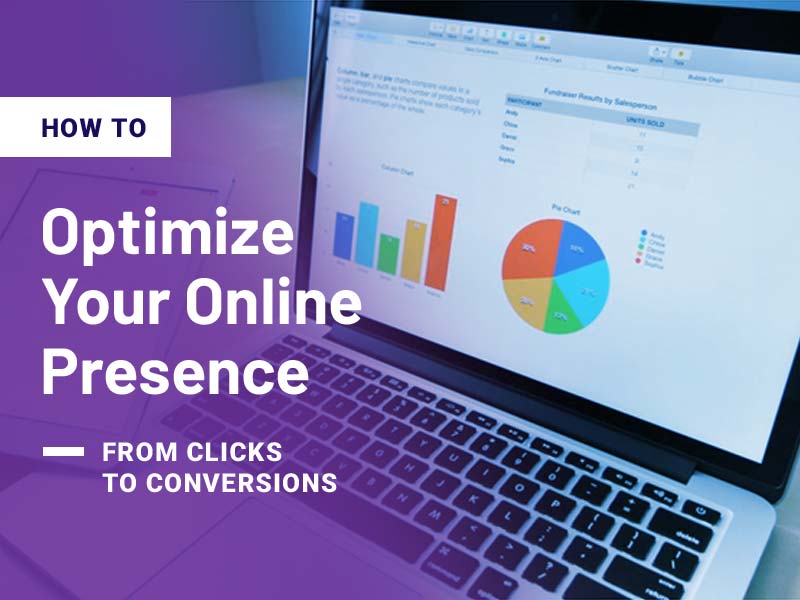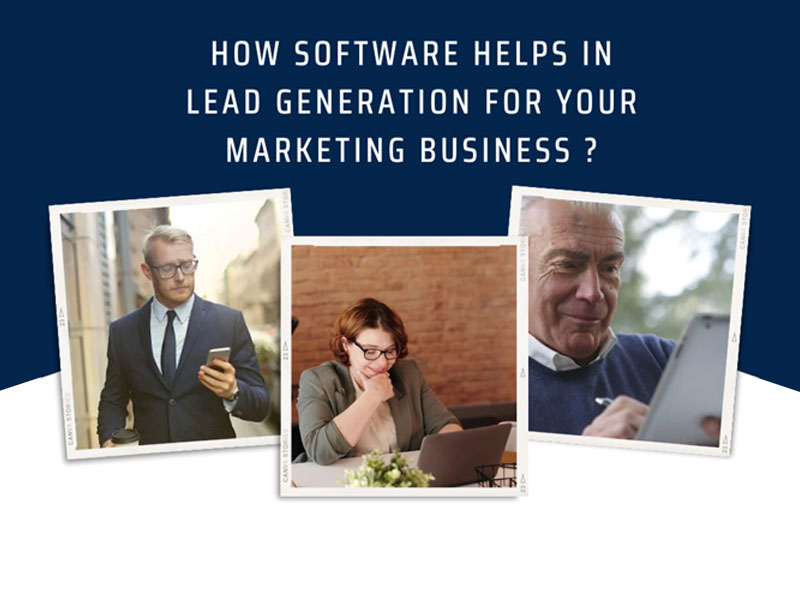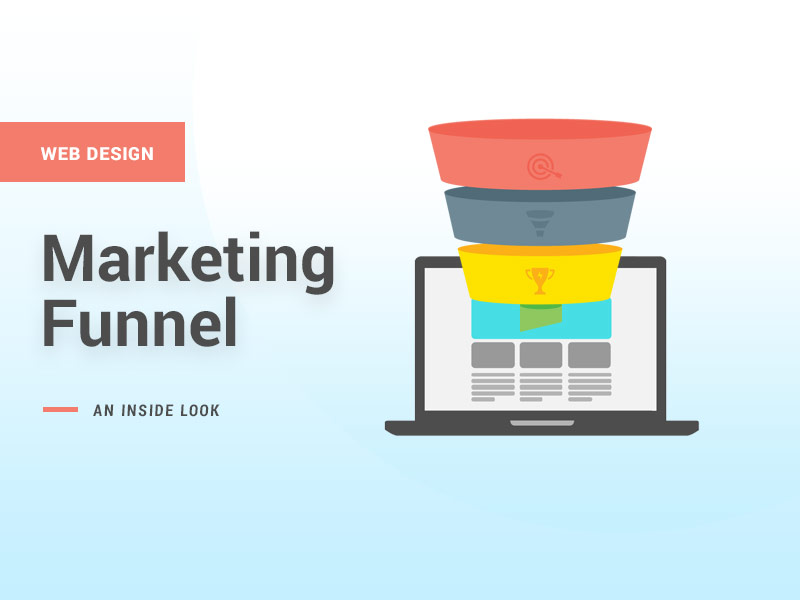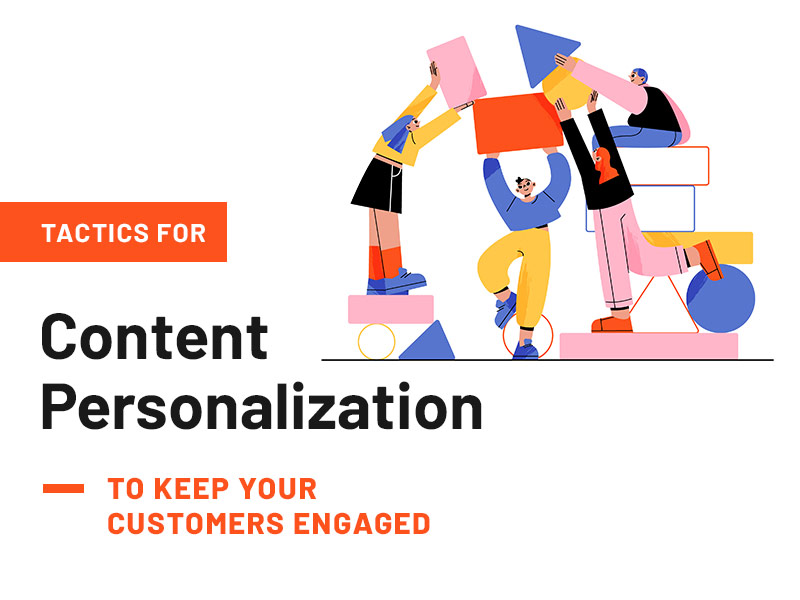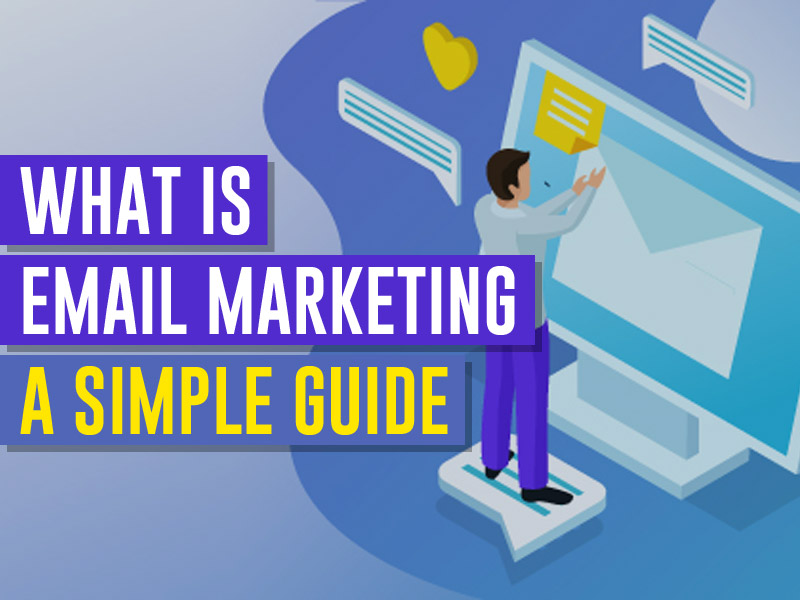Navigating the vast world of digital marketing is essential for online triumph, especially when transforming mere clicks into meaningful conversions.
This article takes a closer look at the know-how of digital marketing companies. From simple clicks to valuable conversions, we’ll guide you through the steps experts take to ensure your brand stands out in the digital space.
What Is Online Presence?
Online presence refers to a brand’s visibility and representation across the digital landscape. It encompasses every touchpoint where a potential customer may encounter a business, from its website and social media profiles to online reviews and search engine results.
A robust online presence is crucial in today’s interconnected world, influencing customer perceptions, brand trust, and decision-making.
It’s not merely about having a website; it’s about curating a cohesive and engaging digital footprint that leaves a lasting impression on your target audience.
The Customer Journey Explained
Understanding and optimizing each customer journey stage is vital for businesses aiming to provide a seamless and satisfying experience, ultimately fostering long-term customer relationships.
Awareness Stage
- Customers begin their journey by becoming aware of a product or service.
- During this stage, they identify a need or problem and research potential solutions.
- Marketers aim to capture attention through targeted advertising, content, and social media presence.
Consideration Stage
- Consumers evaluate different options available to fulfill their needs in the consideration stage.
- Businesses focus on providing detailed information, comparisons, and customer reviews to aid decision-making.
- Content such as blog posts, reviews, and case studies becomes crucial in influencing potential customers.
Decision Stage
- In the decision stage, customers make their final choice and commit to a purchase.
- Marketers employ persuasive tactics, like limited-time offers or testimonials, to sway decisions in their favor.
- The ease of the purchasing process and the product’s perceived value play significant roles in this stage.
Post-Purchase Stage
- Beyond the sale, the post-purchase stage focuses on customer satisfaction and retention.
- Brands nurture relationships through follow-up communication, support services, and loyalty programs.
- Positive experiences here can lead to repeat business, customer loyalty, and advocacy.
Mapping Customer’s Journey To A Conversion
Mapping a customer’s journey to conversion is akin to navigating a dynamic terrain where each interaction holds significance. This strategic process involves dissecting and understanding the stages a potential customer traverses, from the initial spark of awareness to the ultimate commitment to purchasing.
By carefully analyzing touchpoints and optimizing experiences at every step, businesses can tailor their approach to address specific needs and concerns.
Creating A Digital Marketing Plan
Let’s explore the essential components of creating a robust digital marketing plan, focusing on key strategies to enhance online visibility and drive meaningful results.
Define Clear Objectives
- Clearly outline your marketing goals, whether it’s increasing brand awareness, driving website traffic, or boosting sales.
- Objectives provide direction and measurable benchmarks for assessing the effectiveness of your digital marketing efforts.
Identify Target Audience
- Understand your audience’s demographics, behaviors, and preferences to tailor marketing messages effectively.
- Crafting content that resonates with your target audience increases engagement and the likelihood of conversions.
Utilize Multi-Channel Approach
- Leverage digital channels such as social media, email, and content marketing to create a comprehensive strategy.
- A multi-channel approach ensures a broader reach and allows for a diversified presence, optimizing opportunities for audience interaction.
Search Engine Optimization (SEO)
Search Engine Optimization (SEO) is a fundamental element of any digital marketing plan. It involves optimizing your online content to improve its visibility on search engine results pages (SERPs) organically.
By incorporating relevant keywords, creating high-quality content, and optimizing website structure, businesses can enhance their online presence, drive organic traffic, and ultimately improve their chances of converting visitors into customers.
- Increased Online Visibility: SEO enhances your website’s visibility on search engine results pages, making it more likely for users to discover your business when searching for relevant products or services.
- Improved Website Traffic Quality: By optimizing for relevant keywords, SEO attracts users genuinely interested in your offerings, increasing the likelihood of converting visitors into customers.
- Enhanced User Experience: SEO involves optimizing site structure and content, resulting in a better user experience with faster load times, mobile responsiveness, and well-organized information.
- Establishing Credibility and Trust: Websites ranking high in search results are often perceived as more trustworthy and credible by users, contributing to a positive brand image and increased user trust.
- Cost-Effective Marketing Strategy: Compared to paid advertising, SEO is a cost-effective long-term strategy, as organic traffic generated through optimized content and keywords continues to drive results over time without incurring per-click costs.
SEO is a dynamic and evolving practice crucial in ensuring your brand is discoverable amidst the vast digital landscape.
Pay-Per-Click Advertising (PPC)
Pay-Per-Click Advertising (PPC) is a targeted digital marketing strategy where advertisers pay a fee each time their ad is clicked. This method allows businesses to place their ads prominently on search engine results pages and other platforms, ensuring visibility to potential customers actively searching for related products or services.
By carefully selecting keywords, setting budget parameters, and crafting compelling ad copy, PPC campaigns can drive immediate traffic to a website. The flexibility to adjust campaigns in real-time and measure performance metrics makes PPC an effective tool for businesses aiming to reach a specific audience and maximize their return on investment.
Social Media Marketing
Social Media Marketing leverages the power of popular social platforms to connect with audiences, build brand awareness, and foster engagement. Through targeted content, businesses can interact with their audience on platforms like Facebook, Instagram, Twitter, and LinkedIn.
Social media marketing involves strategic planning, content creation, and community management to cultivate a strong online presence. By understanding the unique dynamics of each platform, businesses can tailor their approach, effectively reaching their target demographic and creating meaningful connections beyond conventional advertising.
Content Marketing
Content Marketing is a holistic approach that revolves around creating and distributing valuable, relevant content to attract and engage a target audience. This encompasses a variety of content types, including blog posts, articles, videos, and infographics.
The goal is to provide information that aligns with the audience’s interests and needs, establishing trust and authority within the industry. Effective content marketing drives organic traffic and contributes to lead generation and customer retention. By consistently delivering valuable content, businesses can position themselves as thought leaders and build lasting relationships with their audience.
Conversion Optimization
Conversion Optimization is the systematic process of enhancing a website or landing page to increase the likelihood of converting visitors into customers.
This involves analyzing user behavior, testing elements such as headlines and calls to action, and refining the user experience.
By understanding the customer journey and addressing potential barriers, businesses can optimize their online assets to guide visitors seamlessly toward desired actions, whether making a purchase, filling out a form, or subscribing to a newsletter.
Here are three key aspects of conversion optimization:
- User-Centric Design: A user-friendly design that focuses on intuitive navigation, clear calls-to-action, and a seamless user experience contributes to higher conversion rates. Prioritizing a design that aligns with user preferences and behavior increases the chances of capturing and retaining visitor attention.
- A/B Testing: A/B testing involves experimenting with different versions of elements on a webpage to identify the most effective variations. By testing variables such as headlines, images, or button colors, businesses can gather data on user preferences and optimize their pages for maximum conversions.
- Compelling Call-to-Action (CTA): Crafting persuasive and clear calls-to-action is crucial. A compelling CTA prompts visitors to take the desired action, whether it’s making a purchase, filling out a form, or subscribing. Strategic placement and persuasive language are key elements in encouraging users to convert.
Conversion optimization is a continuous effort, with businesses employing data-driven insights and testing methodologies to refine and improve their conversion rates over time.
Hiring A Digital Marketing Company
In the ever-evolving digital marketing landscape, businesses often grapple with the complexities of online strategies. It is important to take advantage of entrusting your digital presence to a specialized agency, exploring key considerations that make hiring a digital marketing company a strategic move for achieving online success.
Benefits Of Hiring A Digital Marketing Company
Digital marketing companies bring expertise and specialized knowledge, offering invaluable support for businesses aiming to thrive digitally. Here are three key benefits:
Strategic Expertise:
- Digital marketing agencies employ professionals with diverse skills, from SEO specialists to social media strategists, ensuring a comprehensive approach tailored to your goals.
- Their strategic expertise enables businesses to navigate the intricacies of the digital landscape, optimizing campaigns for maximum impact and return on investment.
Cost-Effectiveness:
- Hiring a digital marketing company can be more cost-effective than maintaining an in-house marketing team, eliminating the need for recruiting, training, and providing ongoing resources.
- Agencies often operate with scalable solutions, allowing businesses to adjust their digital marketing efforts based on their current needs and budget constraints.
Access to Cutting-Edge Tools and Technologies:
- Digital marketing companies have access to advanced tools and technologies that may be expensive for individual businesses to invest in.
- Leveraging these tools enhances campaign performance, data analysis, and overall efficiency, keeping businesses at the forefront of industry trends.
These benefits empower businesses to navigate the digital landscape precisely, allowing them to focus on core operations while professionals expertly manage their digital presence.
Choosing The Right Digital Marketing Company
Selecting the right digital marketing company in Austin is a critical decision that can significantly impact the success of your online endeavors. In this article, we’ll explore key considerations to guide businesses in making an informed choice, ensuring a fruitful partnership with a digital marketing agency that aligns with their unique goals and vision.
Expertise and Specialization:
Assess the agency’s expertise and specialization within the digital marketing landscape, considering whether their strengths align with your specific needs: SEO, social media, content marketing, or a comprehensive strategy.
A company with a proven track record in your industry or niche will likely bring valuable insights and strategies tailored to your target audience.
Reputation and Reviews:
Investigate the agency’s reputation by reviewing client testimonials, case studies, and online reviews.
A reputable digital marketing company will have a history of delivering measurable results, and positive feedback from past clients is a strong indicator of their reliability and competence.
Transparent Communication and Reporting:
Ensure the agency emphasizes transparent communication and provides regular, detailed reports on the performance of your campaigns.
Clear communication channels and access to real-time analytics are crucial for understanding the impact of digital strategies and making informed decisions.
Questions To Ask Before Hiring A Digital Marketing Company
Before hiring a digital marketing company, you must ask pertinent questions to gauge their suitability for your business objectives. Here are four key inquiries:
What is Your Approach to Understanding Our Business?
A successful partnership begins with deeply understanding your business goals, target audience, and industry. Ask about their onboarding process and how they tailor their strategies to meet your needs.
Can You Provide Examples of Previous Success Stories?
Request specific examples or case studies that showcase the agency’s ability to drive successful campaigns for businesses like yours.
Real-world success stories illustrate the agency’s expertise and the potential impact they can have on your business.
How Do You Stay Updated on Industry Trends and Algorithm Changes?
Digital marketing is a dynamic field, with algorithms and trends constantly evolving. Inquire about the agency’s commitment to staying informed and adapting strategies to industry changes.
An agency prioritizing ongoing education and embracing innovation is better equipped to navigate the ever-changing digital landscape.
What Key Performance Indicators (KPIs) Do You Prioritize?
Discuss the key performance indicators the agency considers most important for your business objectives.
Understanding the metrics they prioritize, such as conversion, click-through, or engagement metrics, ensures alignment with your overall goals and expectations.
